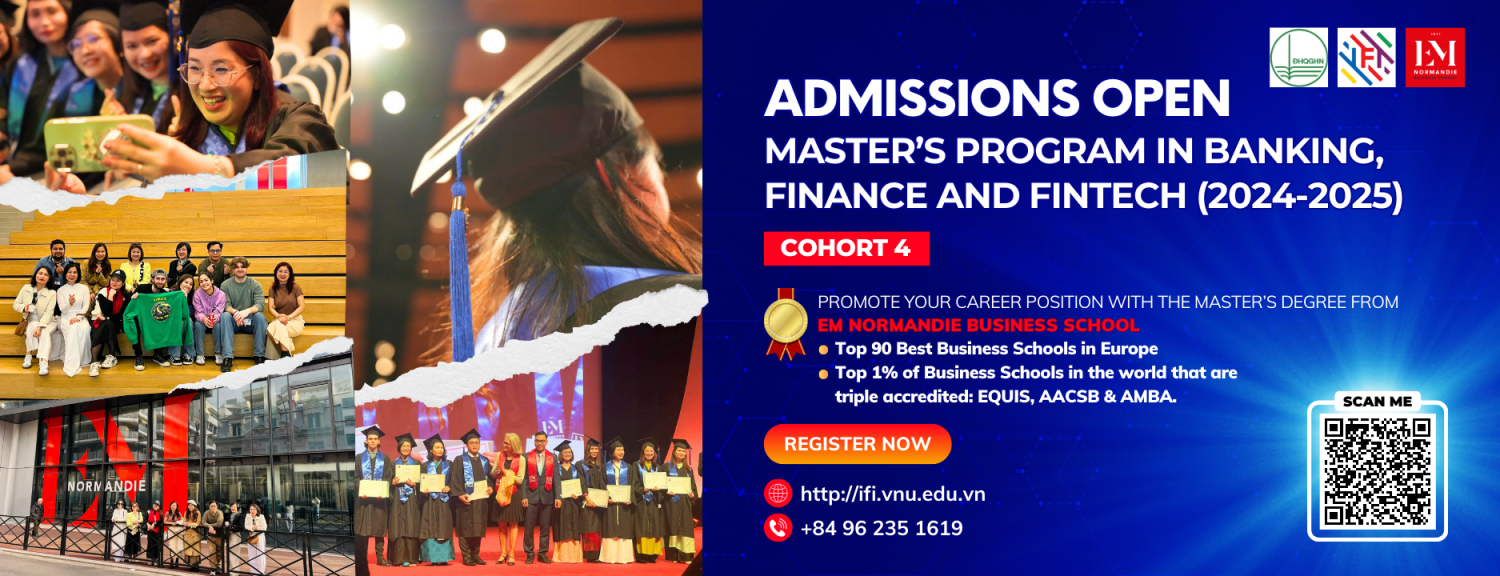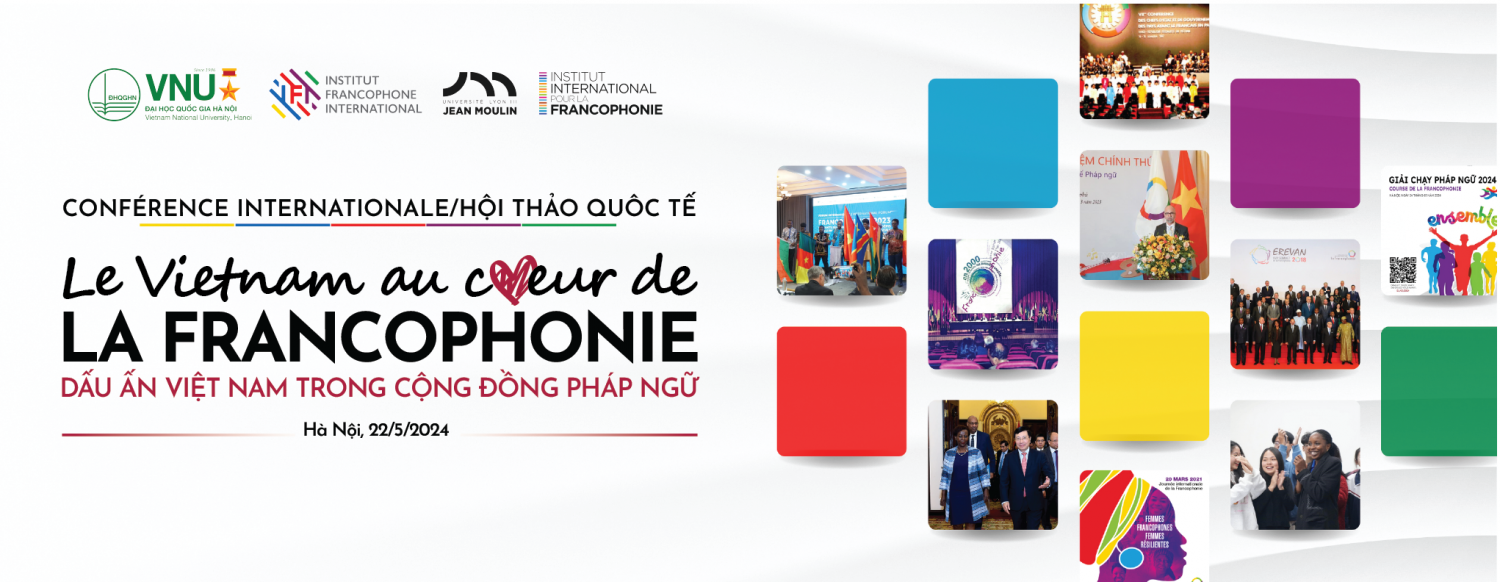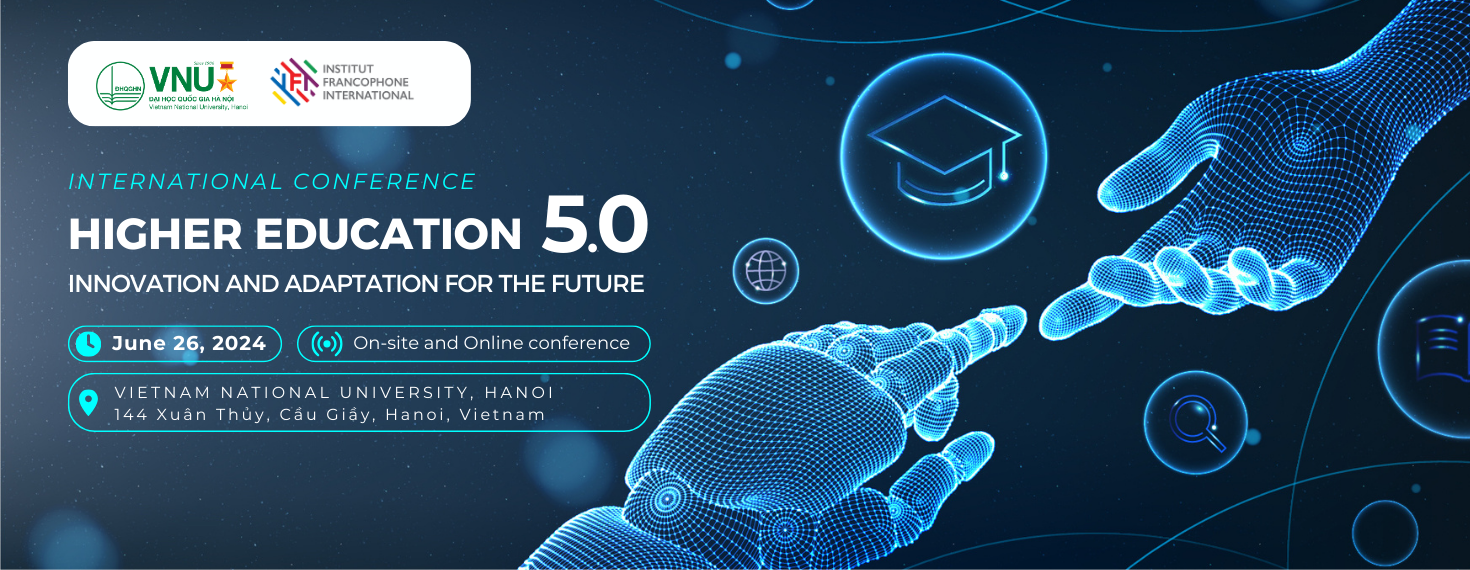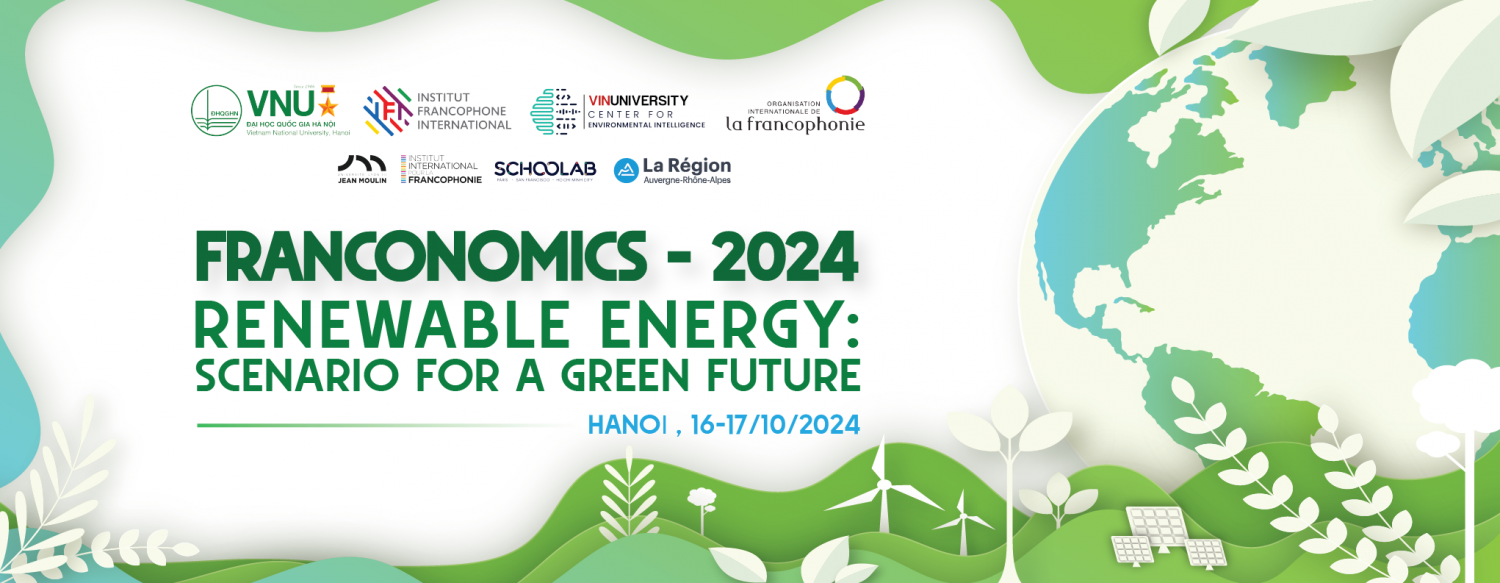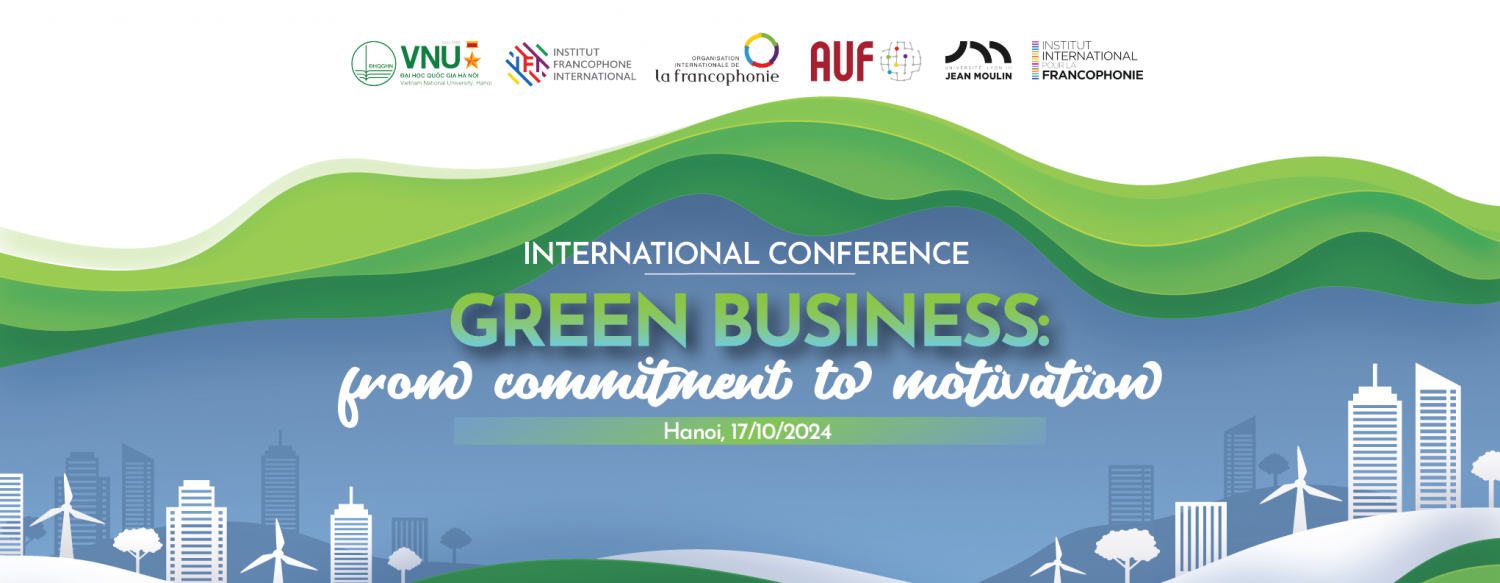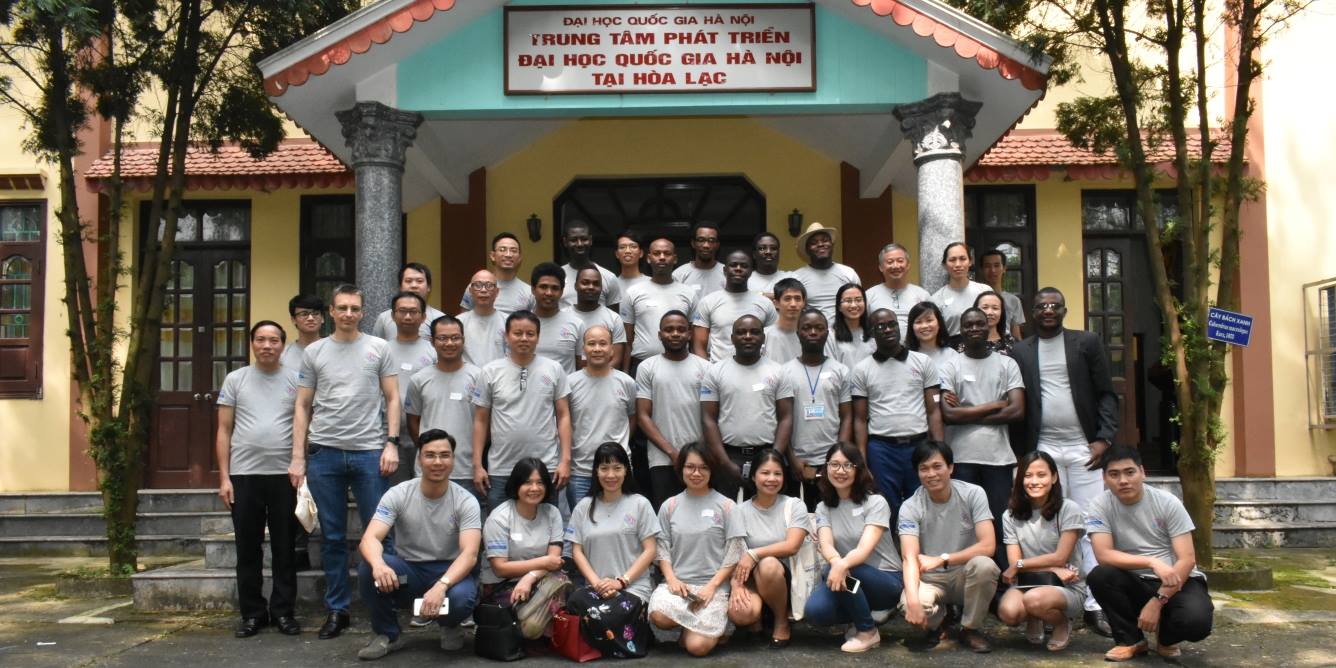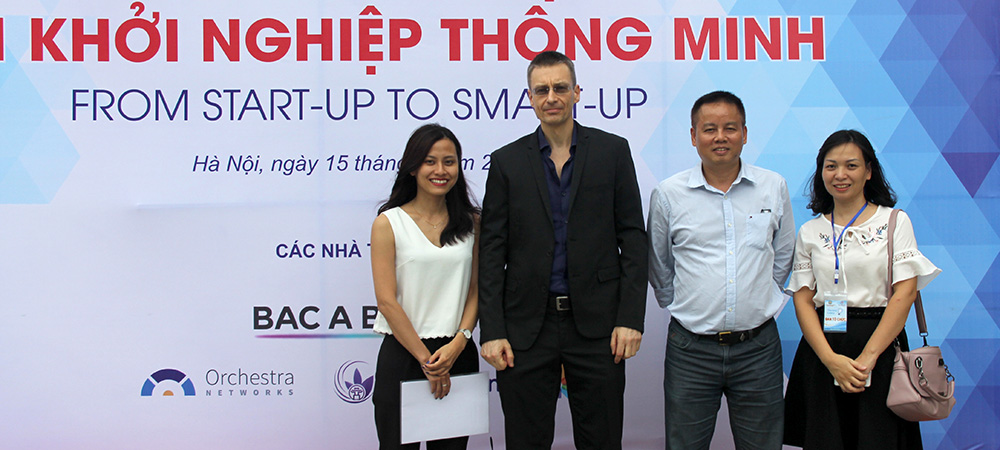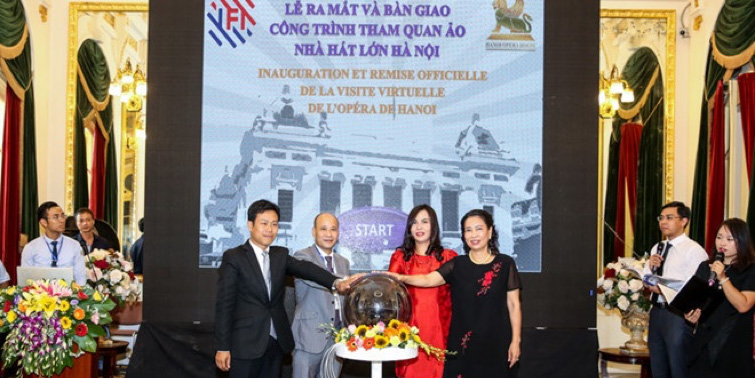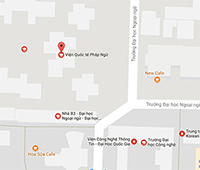Franconomics-2023 “Digital humanity: Opportunity and challenges in the digital transformation process”
THUrsday - 06/07/2023 15:15The International Francophone Institute (IFI), Vietnam National University, Hanoi (VNU), the International Organization of the Francophonie (OIF), the Francophone University Agency (AUF), and the International Institute for Francophone Studies (2IF) - Jean Moulin Lyon 3 University co-organize the International Forum Franconomics-2023 under the topic “Digital humanity: Opportunities and Challenges in the digital transformation process” held on the 17 and 18 October in Hanoi. This event is a part of the DAAS (Diderot Advanced Academic Seminars) which is initiated by IFI and sponsored by VNU.
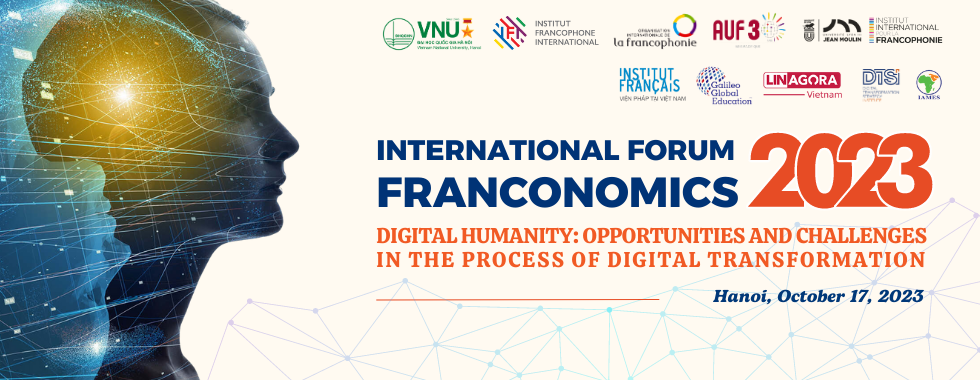
INTRODUCTION
Modern technologies are continuously contributing to and supporting the non-stop development of countries around the world. The application of digital technologies and computer science in the process of researching, managing, and preserving cultural values, languages, humanities… has become more important in a civilized and advanced society. In the context of transformation, social science and humanities have many chances to improve their strength in equipping the 4.0 industrial workforce with soft skills or skill transformation, which help us utilize technological achievements efficiently. The birth of digital humanities connects researchers by applying new technologies in human science, preserving civilization and furthermore, promoting humanity’s development immensely in the future.
The concept of digital humanities emerged in the 40s of the XX century when several researchers started thinking of using calculation techniques, computer science, and natural science to study social science and humanities. However, when technologies develop, their applications also change. Therefore, in every age, the concept of digital humanities is adjusted to be used suitably. Nevertheless, an understandable and widely used definition of humanities is: the field of research associated with computer science and fields of human science. Specific representative fields of human science are linguistics, literature, religion, art, anthropology, culture…
In Vietnam in particular, and in the world in common, digital humanities is still a new field of research. The application of digital technologies and computer science achievements to the research of human science is becoming more necessary and important than ever in a civilized and advanced society. Digital humanities plays an important role in the management and protection of documents, preservation of historical and cultural values, heritages, languages, elevating the value of social civilization, and furthermore, the ability to cultivate human potential; motivates the advance of humanity in the future.
Digital humanities has many advantages and benefits, such as promoting cultures, storage capacity, connecting multiple resources as well as scientists in the digital environment. Under the impact of digital humanities, the effect of humanities fields becomes stronger and greater through communication and promotion activities. However, there exist certain limits in this field, namely the loss of data in the process of transformation, ethical issues in the use of data, the maintenance of resources and projects, the change of cognition… The advance of AI raises questions that need answers from specialists in social and humanities science to guarantee that science's advance accompanies humanity. To fully utilize the technological advances of the fourth industrial revolution, we need to have a close connection between social science and natural science.
CALL FOR PAPERS
For the purpose of discussing, sharing research results, experience and academic profession regarding digital humanities and related aspects, The Organization Committee of Franconimics-2023 cordially invites scientists, researchers, specialists, lecturers… to participate and contribute content to the conference. Quality papers will be posted in the DAAS-2023 Proceedings of Diderot Advanced Academic Seminars (number ISBN and ISSN 2734-9969), and outstanding papers will be published in the Francophonie in Asia-Pacific Science Publication (international ISBN and ISSN 2525-2488).
Topics of the article include but are not limited to the following:
- The role of libraries in promoting the development of digital humanities;
- Digitization to preserve and promote the value of cultural heritages;
- Ethical issues in using data when applying digital humanities;
- Data loss during the process of transformation;
- Challenges and risks during the process of digital humanities transformation;
- Clarifying aspects related to new terms such as digital sobriety/sobriété; numérique, digital natives/enfants du numérique/natifs numériques, digital immigrants/immigrants numériques;
- Fundamental technologies and core success factors for digital humanities implementation;
- Analysis of digital humanities applications and models;
- Potentials and opportunities for cooperation to develop in the field of digital humanities;
- Training and developing resources in digital humanities;
- The balance between digital transformation and socio-ecological transformation.
Deadline for submission of proposals and full text of the paper:
- Deadline for proposals submission: 25 September 2023
- Deadline for full text submission: 15 October 2023
Rules for the proposal and the full text of the thesis:
- Thesis proposal (article title, name of subsection, keywords): no more than 500 words
- Full text (not including title, summary and keywords): no more than 5000 words
- The full text must be composed by .docx format, with no space, follow by author’s name, telephone number and working agency.
- Article form: The article is presented with font size 13, single line spacing, uses Times New Roman font. Justify: up 2 cm; down 2 cm; right 2 cm; left 3 cm. All pages, images, tables must be numbered clearly and precisely.
- Present languages: Vietnamese, English, French.
MAIN ORGANIZERS
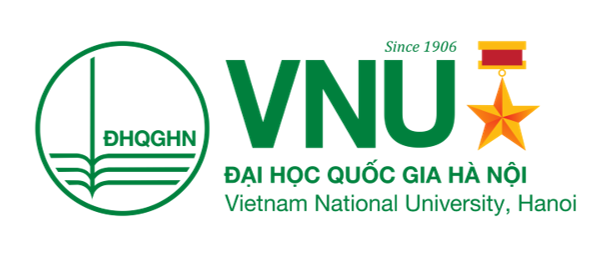

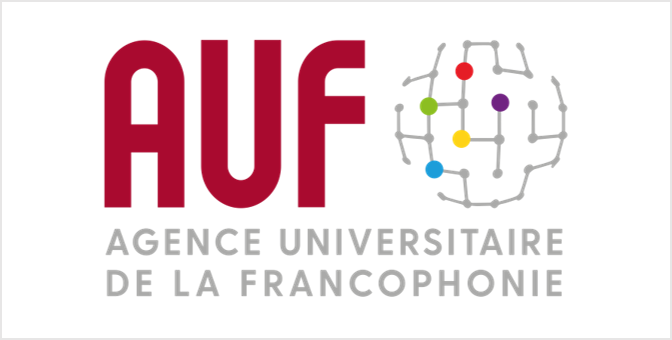
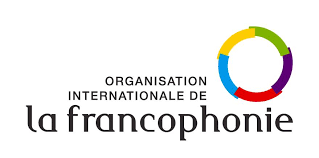


PARTNERS
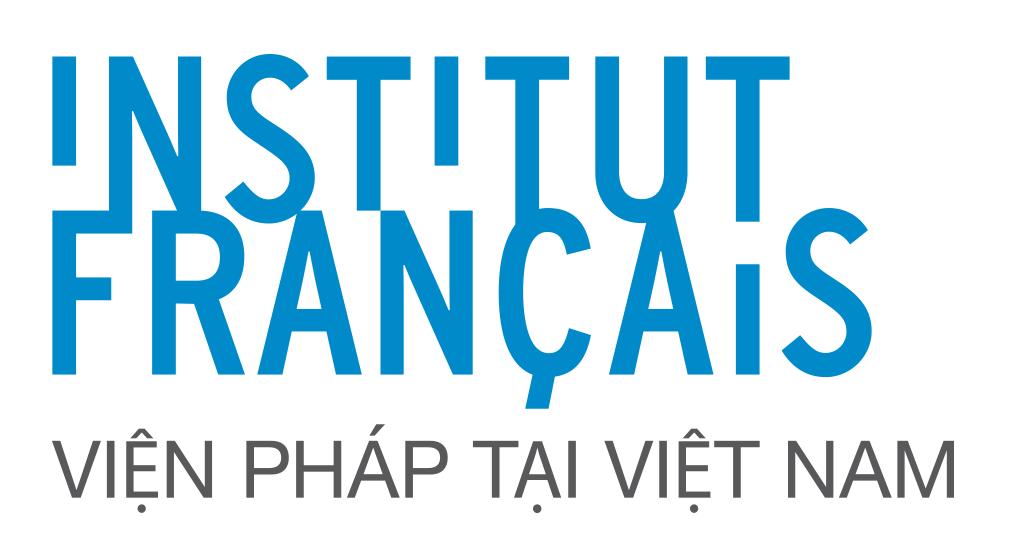


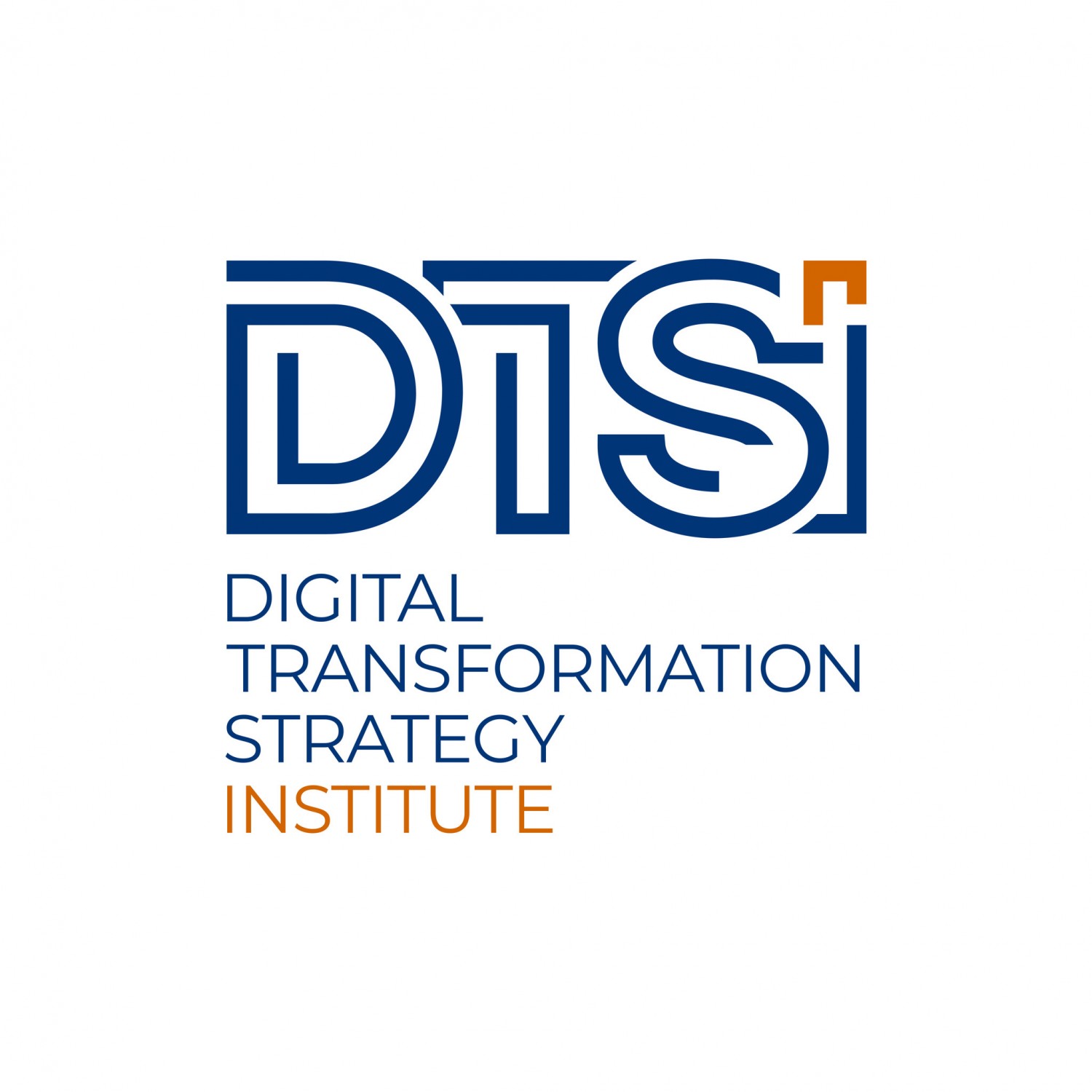
Addresses and contacts for submission:
- Email for submission: anhthu.dao@vnu.edu.vn (cc: brain.ifi@vnu.edu.vn)
- Phone numbers: 0243 745 0173 or 0976 181 193 (Ms. Ngoc)
- Address: International Francophone Institute, E5 building, Vietnam National University, Hanoi, 144 Xuan Thuy, Cau Giay, Hanoi.
Author: IFI-BRAIN
Newer articles
Older articles
News
- The Future of Banking Innovation: The Next Generation Core
- IFI Participated in the Career Orientation and Enrollment Consultation Day 2024
- Opening Ceremony of the Short-Term Software Tester Course (2023-2024)
- Workshop "Emotional Intelligence in the Workplace"
- IFI international students perform the song "Ms. Afrika Wakes Up" on the Vietnam Defense Television channel



